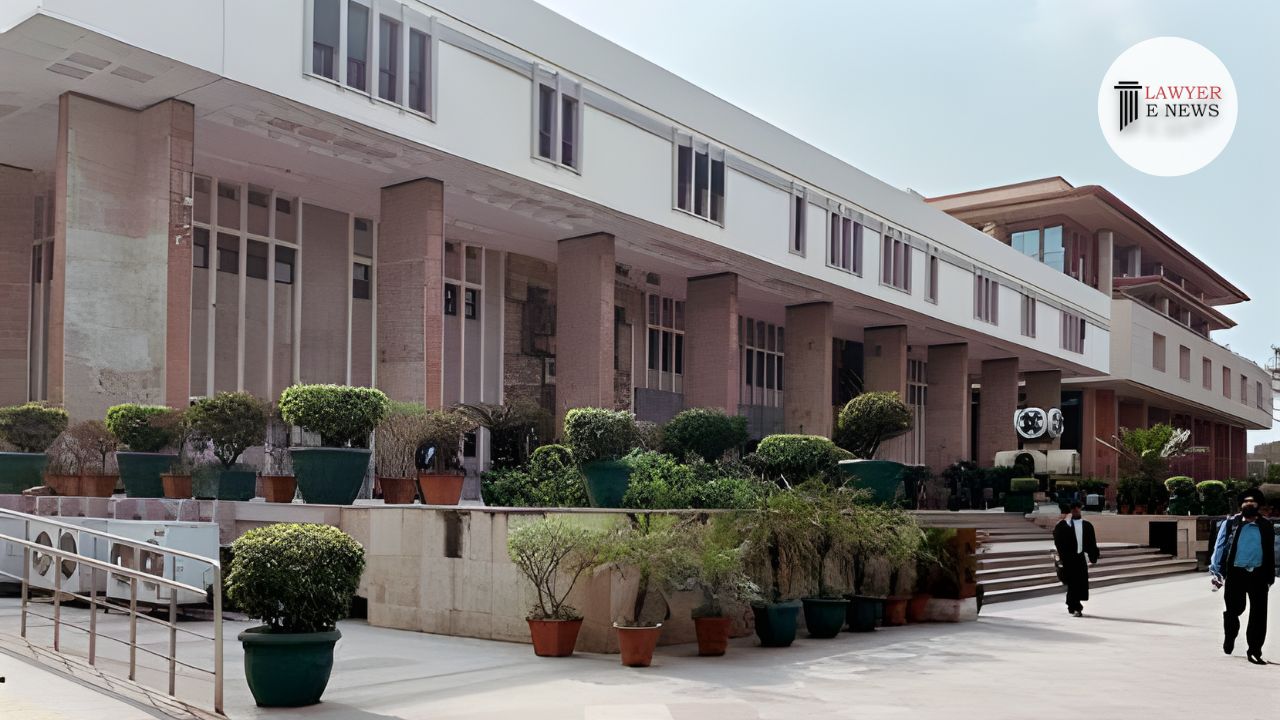-
by Admin
16 February 2026 1:47 PM



In a recent judgment that reiterates the stringent standards for amending pleadings in legal disputes, the High Court of Delhi has dismissed a petition seeking amendment of a written statement in a property dispute case. The case titled "Dhruv Kumar Sinha vs. Raj Bala Tanwar" revolved around a disagreement over possession and arrears of rent concerning property WZ508B/3, Village Basai Darapur, New Delhi.
The petitioner, Dhruv Kumar Sinha, had appealed against an earlier decision by the Trial Court, which had rejected his application for amending the written statement under Order VI Rule 17 of the Code of Civil Procedure, 1908 (CPC). In its verdict, the High Court echoed the Trial Court's rationale, emphasizing the necessity of the proposed amendments in resolving the real issues at hand.
The Court's decision was significantly influenced by the principles laid out in previous rulings, notably B.K.N. Pillai v. P. Pillai and Narayan Pillai v. Parameswaran Pillai. The judgment stated, "The first condition which must be satisfied before the amendment can be allowed by the Court is whether such amendment is necessary for the determination of the real question in controversy. If that condition is not satisfied, the amendment cannot be allowed."
Additionally, the Court addressed the petitioner's attempt to introduce electronic evidence in the form of an audio CD, observing that it lacked the requisite certification under Section 65B of the Indian Evidence Act. This procedural shortfall further weakened the petitioner's case for amendment.
The judgment also touched upon the petitioner's claims for recovery of extra payments or interest, noting the absence of a counterclaim or set-off in the original written statement. The Court deemed these proposed amendments inadmissible, reinforcing the procedural rigour expected in such cases.
High Court asserted, "No amendment should be allowed when it does not satisfy this cardinal test," thereby upholding the Trial Court's decision. However, the Court clarified that its observations should not be construed as comments on the merits of the case, which remains under adjudication at the Trial Court level.
Date of Decision: 22.01.2024
DHRUV KUMAR SINHA VS RAJ BALA TANWAR
